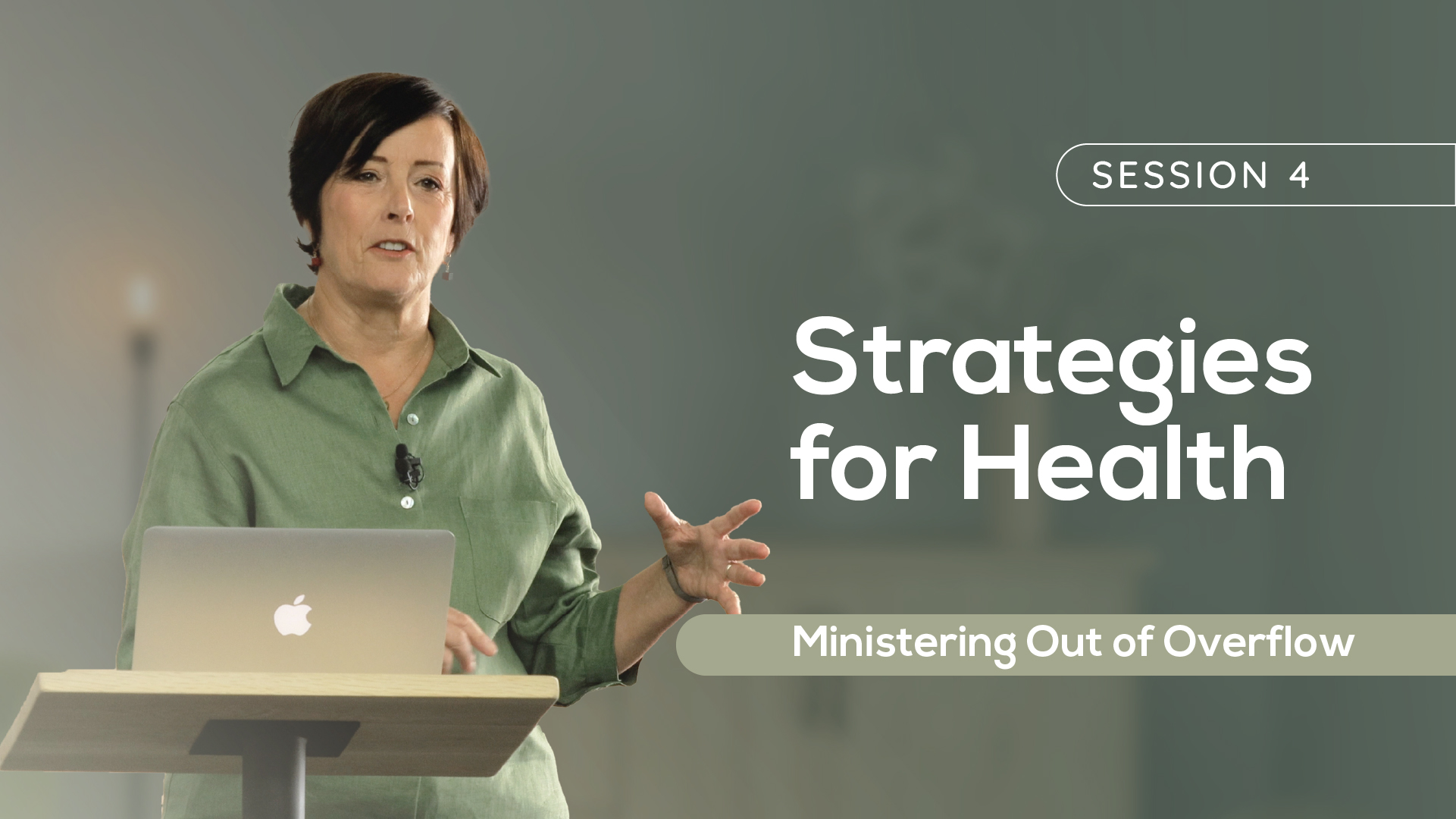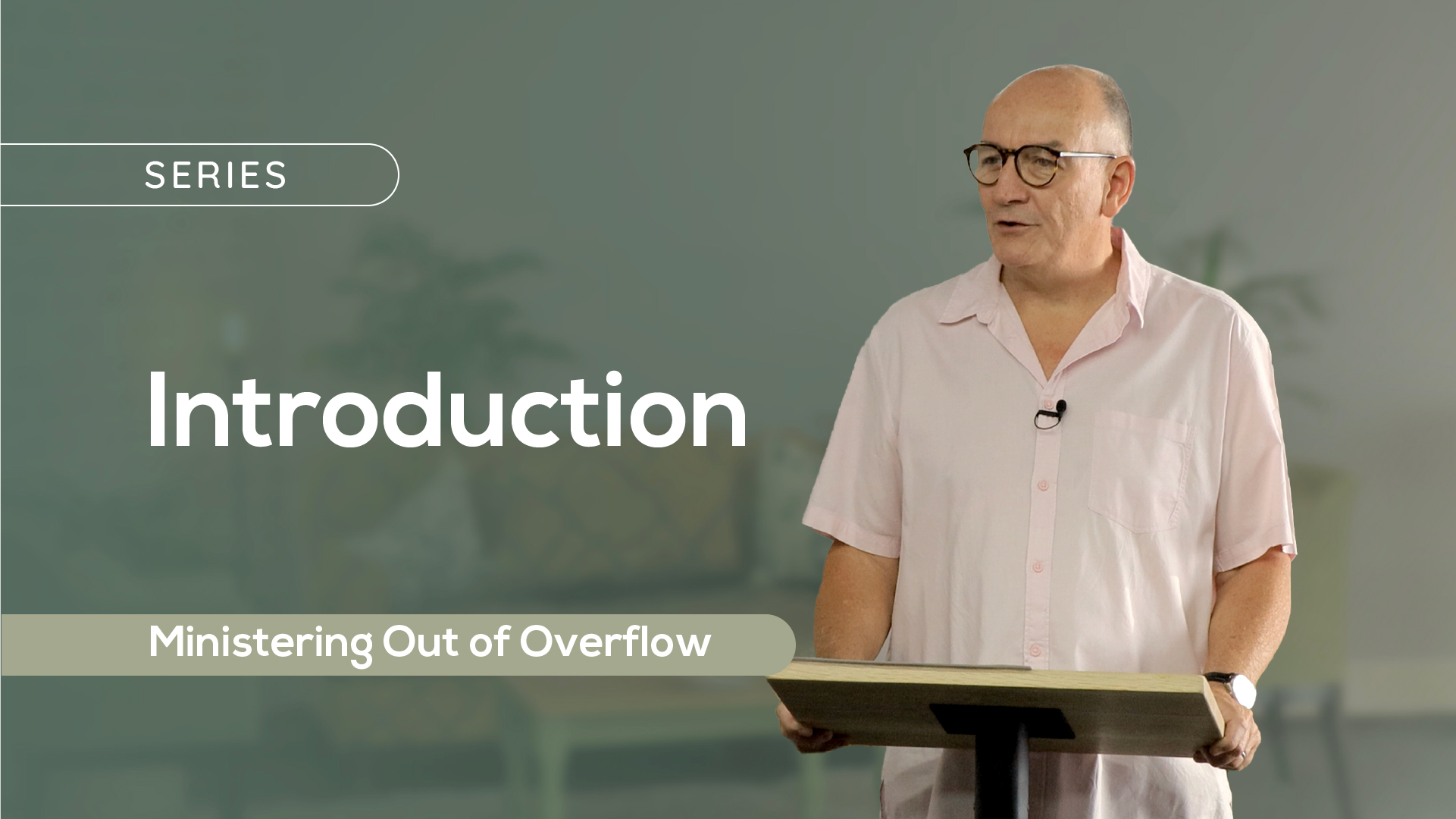I have tried to reason from Scripture with many who have imbibed of the Health and Wealth Gospel, as explained in Part 1, and here are a few of the most common arguments I have encountered:
1. God allows persecution for preaching the Gospel, but that is all
The assumption here is that all the warnings about suffering in the New Testament (NT) are referring to a specific kind of suffering, i.e. persecution for preaching the Gospel. But why limit the Scriptural teaching on suffering to persecution?
James teaches, “Consider it pure joy, my brothers and sisters, whenever you face trials of many kinds, because you know that the testing of your faith produces perseverance. Let perseverance finish its work so that you may be mature and complete, not lacking anything.” (James 1:2-4)
It is true that we will suffer persecution for the Gospel as Christians, but there are many other kinds of suffering that we will experience as a consequence of living in a fallen world, “I consider that our present sufferings are not worth comparing with the glory that will be revealed in us. For the creation waits in eager expectation for the children of God to be revealed. For the creation was subjected to frustration, not by its own choice, but by the will of the one who subjected it, in hope that the creation itself will be liberated from its bondage to decay and brought into the freedom and glory of the children of God. We know that the whole creation has been groaning as in the pains of childbirth right up to the present time.” (Romans 8:18-22)
The hope contained in this passage is that we live in the expectation that Christ will return and make all things new, including our bodies! But for now, we consider our trials and day-to-day sufferings in the light of the future glory that awaits us with Christ.
This means that, apart from the many trials that humans suffer at the hands of other sinful humans (betrayal, abuse, murder etc.), we will also suffer as Christians from natural calamities, such as hurricanes, drought, earthquakes and sickness. These are all by-products of a world which is ‘groaning’ and ‘subject to decay’. Our bodies are also subject to decay and death. Paul explicitly refers to this in another passage, “Therefore we do not lose heart. Though outwardly we are wasting away, yet inwardly we are being renewed day by day.” (2 Corinthians 4:16)
The book of Job was given by God for saints just like us; for those who suffer, even though righteous.
God can and does heal in response to the prayers of the righteous (James 5:16), but it is normal for Christians to suffer from sickness and even to die from it. Many proponents of the Health and Wealth Gospel struggle with the concept of Christians suffering with sickness. If you are reading this and you perhaps also struggle with this, I would encourage you to read the book of Job. Maybe you consider Job to be too difficult, or maybe you think it is irrelevant because he lived in a different covenant. If so, take these words to heart from the book of James in the NT, “Brothers and sisters, as an example of patience in the face of suffering, take the prophets who spoke in the name of the Lord. As you know, we count as blessed those who have persevered. You have heard of Job’s perseverance and have seen what the Lord finally brought about. The Lord is full of compassion and mercy.” (James 5:10-11)
The book of Job was given by God for saints just like us; for those who suffer, even though righteous. It is written for Christians wrestling with big questions and suffering in pain. It is written to encourage us to persevere through our trials – yes, even sickness – because our patience and trust in God will be rewarded in the end.
2. Jesus became cursed so that we wouldn’t suffer anymore
“Christ redeemed us from the curse of the law by becoming a curse for us, for it is written: “Cursed is everyone who is hung on a pole.”” (Galatians 3:13)
The Health and Wealth teaching often argues (correctly) that sickness is a consequence of breaking the law. But they go on to add that since Christ ‘became a curse for us’, we are no longer subject to sickness as Christians. This is referenced from Christ’s work of atonement, as mentioned in this verse, ““He himself bore our sins” in his body on the cross, so that we might die to sins and live for righteousness; “by his wounds you have been healed.”” (1 Peter 2:24)
The problem with this argument is that it is a half-truth. Jesus did suffer the wrath of God on our behalf when He hung on the cross. Healing is through the atonement that he made when He shed His blood for us. But Scripture also makes it crystal clear that we do not experience the full benefits of redemption this side of eternity.
So when we experience divine healing, it is a foretaste of our full inheritance in glory with Him.
Here are a few applications of this truth:
- Although Christ came to ‘save us from our sins’, we still struggle with sin from day-to-day and we will only be fully sanctified when Christ returns.
- Although we are reconciled with God, we will only see Him face to face in glory.
- Although Christ conquered death and we have eternal life, we still die of old age.
- Although the Church is ‘one’ in Christ, we will still experience conflict until ‘that Day’.
- Although Satan has been defeated, he will still be active in the world until Christ returns.
- Although God heals our bodies, only when we receive new bodies will we no longer be subject to sickness.
So when we experience divine healing, it is a foretaste of our full inheritance in glory with Him. We do not experience complete freedom from the curse of sickness or death in this life.
3. Jesus is ‘Perfect Theology’
What is meant by this phrase is that, although we see many instances of Christian’s falling ill in the New (and Old) Testament, Jesus never suffered with sickness and therefore we should rather look to Him as our example. Only His life example is ‘perfect theology’.
This reasoning is based on the assumption that Jesus set aside His divinity in the incarnation, and therefore every miracle He did was by relying on the power of the Spirit as an example for us to follow. The conclusion is that if Jesus could remain free from sickness by the power of the Spirit, so can we.
There are several problems with this rationale. The first has to do with how we understand the incarnation of Christ. In His life on earth, Jesus was both fully God and fully human. He did not cease from being God while on earth.
…a major difference between Jesus’ life and every other human’s is that He was sinless.
Secondly, a major difference between Jesus’ life and every other human’s is that He was sinless.
The third and most significant problem with this way of formulating theology regarding healing is that it ignores what the rest of Scripture has to say on the topic. On any doctrine that we are formulating, we must take all of Scripture into account, not just those portions which seem to support our way of thinking.
As we have already seen, Scripture does not teach us to expect continuous perfect health on this side of eternity – that is a promise made for when we receive our resurrection bodies at the return of Christ only.
4. Sickness is the work of Satan, and Jesus came to destroy the works of Satan
If sickness is the work of Satan and Christ has now given us authority over all the power of Satan, surely we just need to exercise that authority and we can be freed from any and every sickness?
Again, this is only half the story. Even in the ministry of Jesus, we do not see Jesus pray the same way every time. In some instances, He did rebuke a demon of sickness and this resulted in healing. There may be times when God calls on us to do the same thing, but at other times sickness is not demonic in origin – it is simply a consequence of living in a fallen, defective world.
Whatever the origin of our illness, our response should always be to do what Jesus told us to do: pray. And He taught us to pray with persistence and faith, because we have a Father in heaven who loves us and responds when we pray.
As we trust God through the testing, He forms godly character in us.
But we must guard against a formulaic, overly simplistic teaching on healing that suggests that if you pray a certain way, you will get the same result every time. The NT doesn’t give us a ‘quick fix’ on how to live in perpetual, perfect health, because that is not the goal. That is not why we came to Christ in the first place.
The goal of salvation is not to put myself at the centre. God is at the centre, and we seek His glory first and foremost. Holiness and godly character is God’s primary goal for us in this life. He wants us to conform to the image of His Son. Many times He allows trials to come and test us, yet He has taught us to trust Him in these trials and patiently wait for His deliverance, which will come in His perfect time. As we trust God through the testing, He forms godly character in us.
5. An Old Testament view of material blessings
In my discussions with people who have been taken in by the Health and Wealth Gospel, they often go to Old Covenant passages of Scripture regarding the blessings that God gives for obedience and the curses He gives for disobedience.
According to this logic, Christians who are walking in obedience in the New Covenant should also walk in the blessings and not the curses of the Old Covenant. Therefore Christians should be blessed with material blessings, such as long life, many children, abundant wealth and perfect health.
But this is a failure to understand the times and the seasons.
The material blessings of the Old Covenant foreshadowed the spiritual blessings of the New Covenant.
The material blessings of the Old Covenant foreshadowed the spiritual blessings of the New Covenant. Jesus showed us what the real treasure is and what we should be living for in His Kingdom – and it was certainly not for material blessing in this life. Let us look at a few specific examples:
a) Long life
In place of the long life promised for covenant obedience in the OT, New Covenant believers are promised eternal life through faith in Christ. But this eternal life has as much to do with quality of life as with quantity of life. It has to do with the joy that we experience in fellowship with Christ (John 17:3).
In reality, many Christians will live very short lives here on earth (especially if they are being killed as the apostles often were), but our deepest desire is not to live long here, but to live lives full of purpose, and then to go on to be with Christ in our forever home (Philippians 1:23).
b) Many children
Instead of many children in this life, New Covenant believers are taught to make many disciples for Christ.
Several of the Apostles were not in a position to get married, much less have children. Both Jesus and Paul spoke of celibacy as a blessing, because it enables a person to live their lives without distraction, wholeheartedly devoted to the cause of the Kingdom (Matthew 19:12).
Jesus also never married or had children, and yet He has many spiritual descendants in the Kingdom. We are also told that people will not marry in heaven (Mark 12:25).
c) Abundant wealth
New Covenant believers are explicitly taught not to accumulate earthly treasures, but to rather store up treasures in heaven (Matthew 6:19-20). What is truly valuable to God are the precious souls whom Christ came and died to save.
We are taught to be faithful in stewarding our material wealth and, as a reward, Christ will entrust us with what is truly valuable (Luke 16:11).
d) Perfect health
Scripture says, “For physical training is of some value, but godliness has value for all things, holding promise for both the present life and the life to come.” (1 Timothy 4:8)
Good health is a blessing, and when we are sick we are instructed to pray for one another for healing – Jesus said we should ask. But if God tests us and does not heal us as instantly as we had hoped He would, we keep on trusting Him, persevering in prayer, and worshipping while we wait.
And we know that even in the waiting, He is working in us to make us more like Him.










